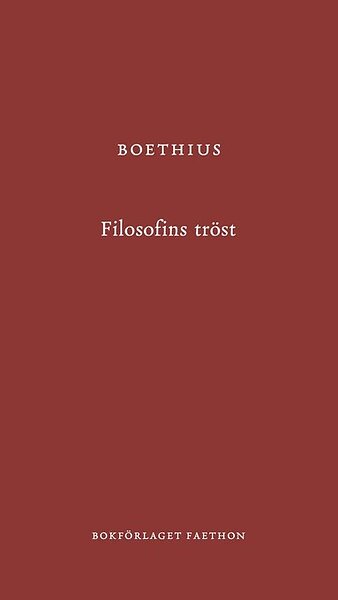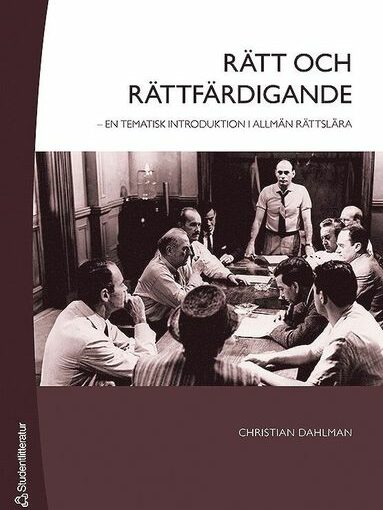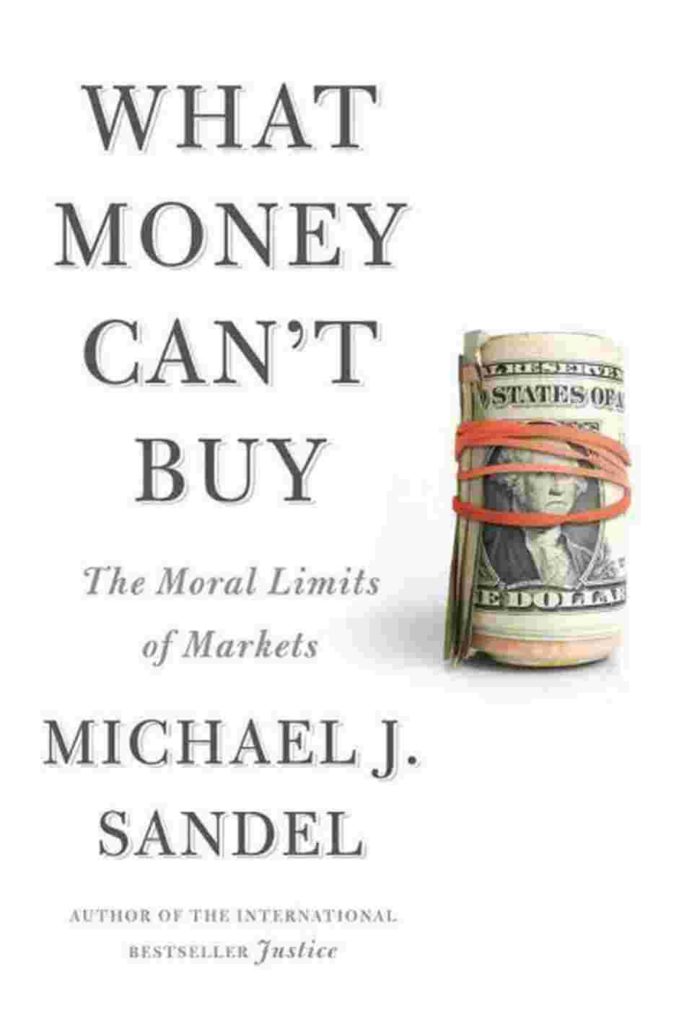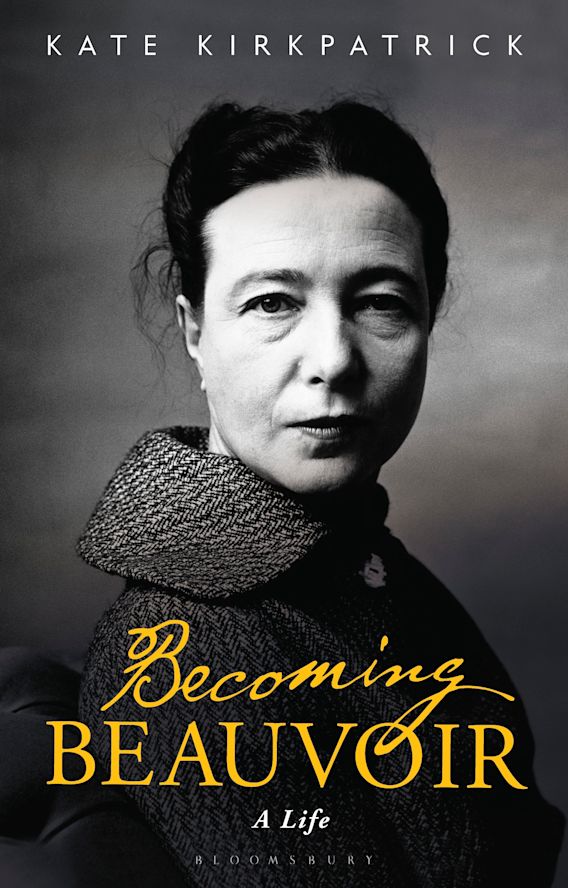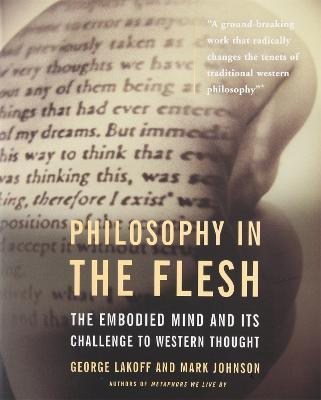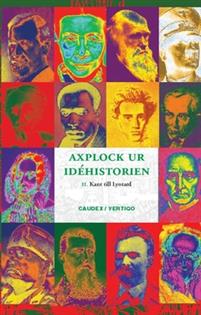Somehow I earned a BA in philosophy without ever reading Boethius’s The Consolation of Philosophy. Now I am ignorant no more!
A free copy of the English translation by H. R. James is available through Project Gutenberg, but I opted for a newer Swedish translation by Bertil Cavallin (1987) that was available from the Stockholm University library. To start I kept the Gutenberg copy open on my phone while reading the Swedish, just as a handy reference if something was unclear, but quickly gave up on that. Scrolling through my phone screen is never an easy or intuitive process, and the James translation is over 200 years old: not a combination that makes for easy cross-checking.
As far as philosophical classics go, Filosofins tröst is a short and accessible one. Maybe staring down your execution—in one of the most literal cases of a “deadline” known to history—makes you forgo the piddling little details of endlessly classifying objects, refining a logic system, or pondering the constituent elements of the world and instead keeps your focus on the big questions: how can evil exist? why are the wicked so often successful and the good so often punished? is there free will?
The answers Boethius poses through the mouth of Philosophy, here personified by a woman clad in heavily symbolic garb, aren’t the most convincing if you’re not already sympathetic to Christian apologetics. For me the interest was more in tracing philosophical and theological influences in the chain of thinkers before and after Boethius. Plato’s forms and what seems a very Stoic approach to Fortune are very apparent throughout; meanwhile the entirety of Book V puts forward an argument for free will that John Milton seems to echo in Book III of Paradise Lost: “if I foreknew, / Foreknowledge had no influence on their fault…”
This Swedish edition from Bokförlaget Faethon comes with commentary and a foreword by the translator as well as a new afterword from Johan Sehlberg. Much of that content was helpful for situating Boethius in a larger context, with notes from Cavallin ranging from clarifying historical contexts and references or elucidating metrical forms to drawing comparisons with later thinkers (mostly my homeboy Kant). If that Swedish commentary is inaccessible to you, I also found The History of Philosophy (Without Any Gaps) podcast to be a big help as well. Episode 118 discusses Boethius generally, while episode 119 is an interview with John Marenbon to dig further into some of the arguments in The Consolation.

